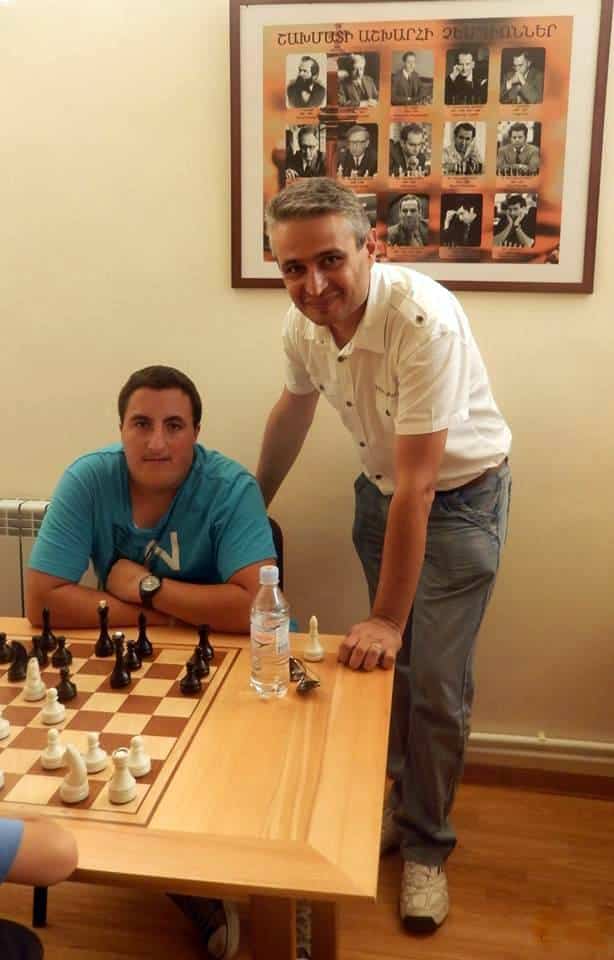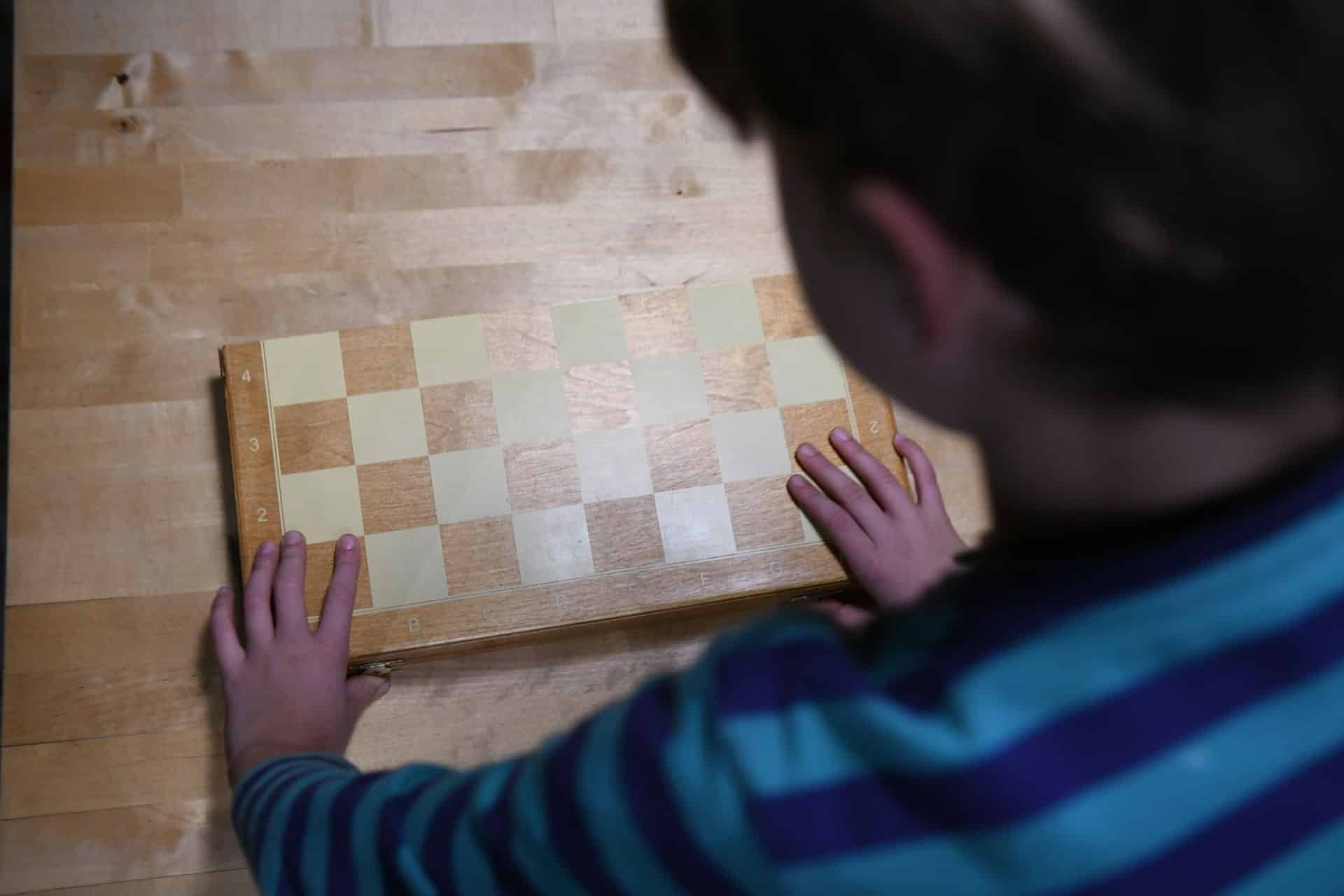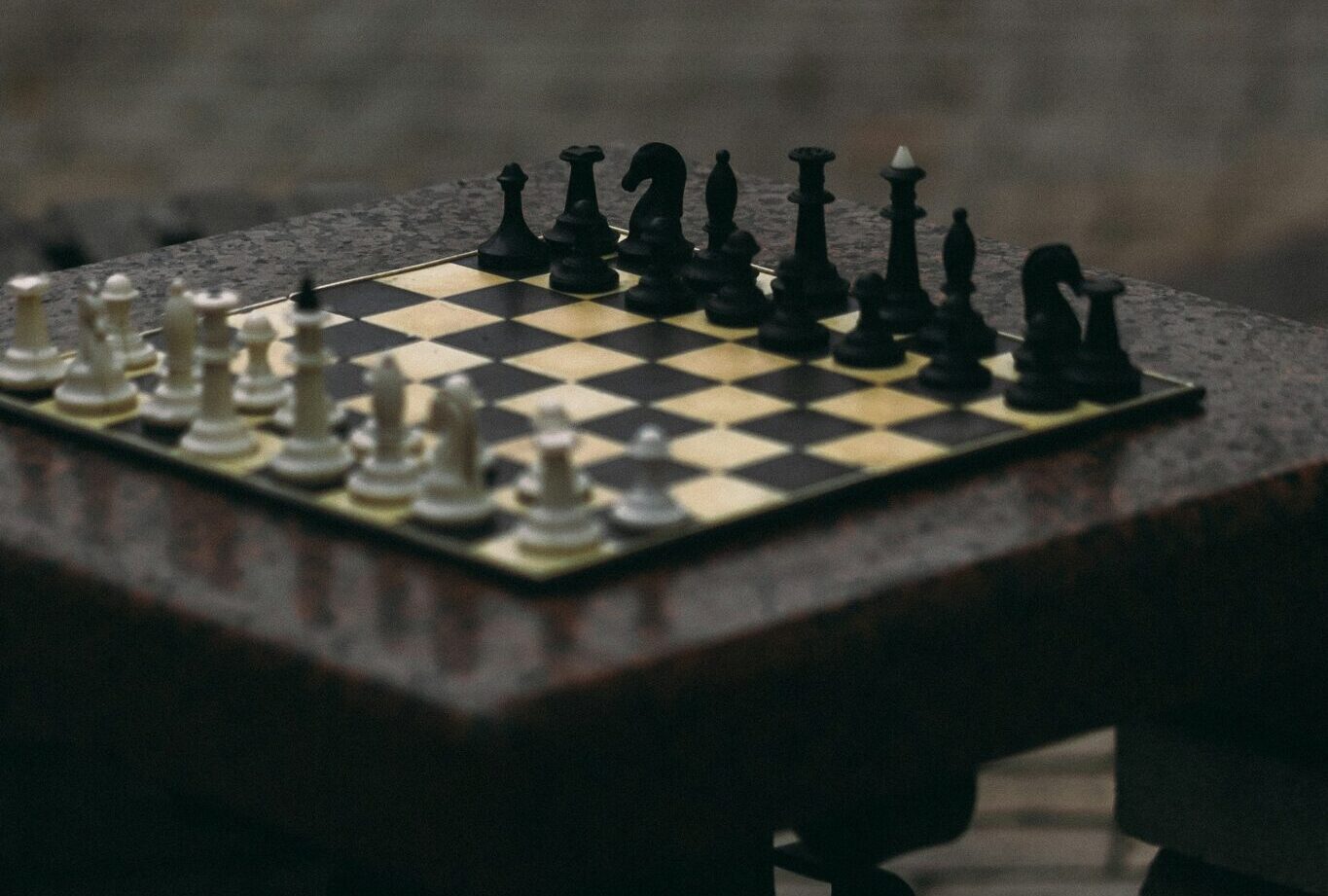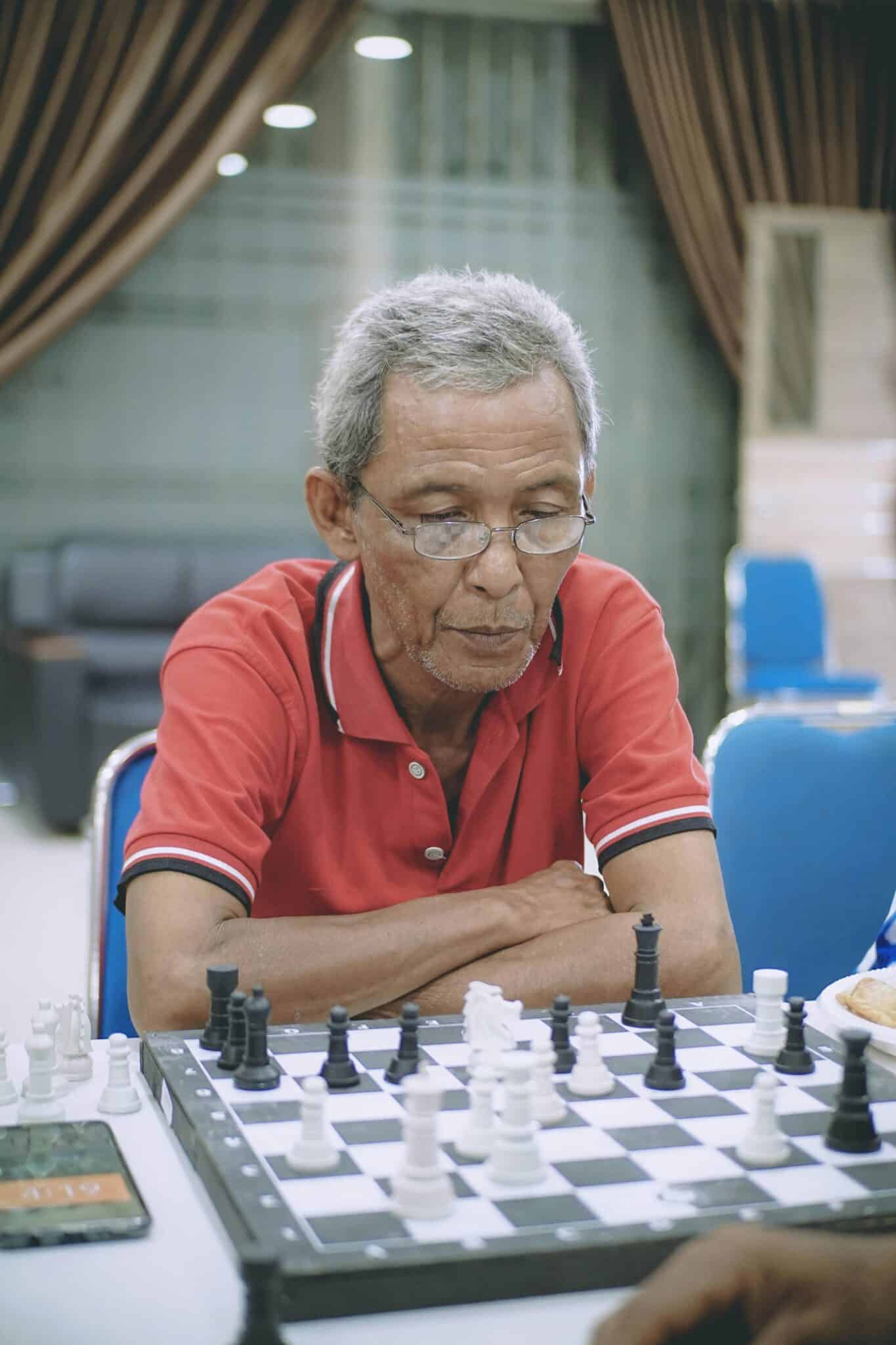Chess is a great recreational activity for children of all ages and skill levels. It helps to build problem-solving, logical thinking and strategic planning skills. After school chess programs provide children with an opportunity to stay engaged and learn valuable skills.
In this article, we'll discuss the benefits of after school chess and how it can help children. We'll also go over some tips for parents looking to get their kids involved in chess.
We'll also provide an overview of the different types of chess programs available and how to choose the right one for your child.
Table of Contents
What is after school chess?
After school chess is an activity for children who want to learn or practice chess. It is usually organized by schools, academies, clubs or organizations and it can take place on or off-site. After school chess sessions usually involve a coach, who will teach the basics of the game and provide guidance to the students.
Students can also practice against each other, which is a great way to hone their skills. The sessions usually last between one and two hours, depending on the coach's availability.
Participation in after school chess can have numerous benefits, including improved problem-solving skills and increased cognitive development. It can also help children to learn how to think strategically, as well as how to manage their time and resources.
Furthermore, playing chess can help children develop social skills, such as communication and collaboration. Finally, after school chess can also be a lot of fun and it can help children to develop a sense of community.
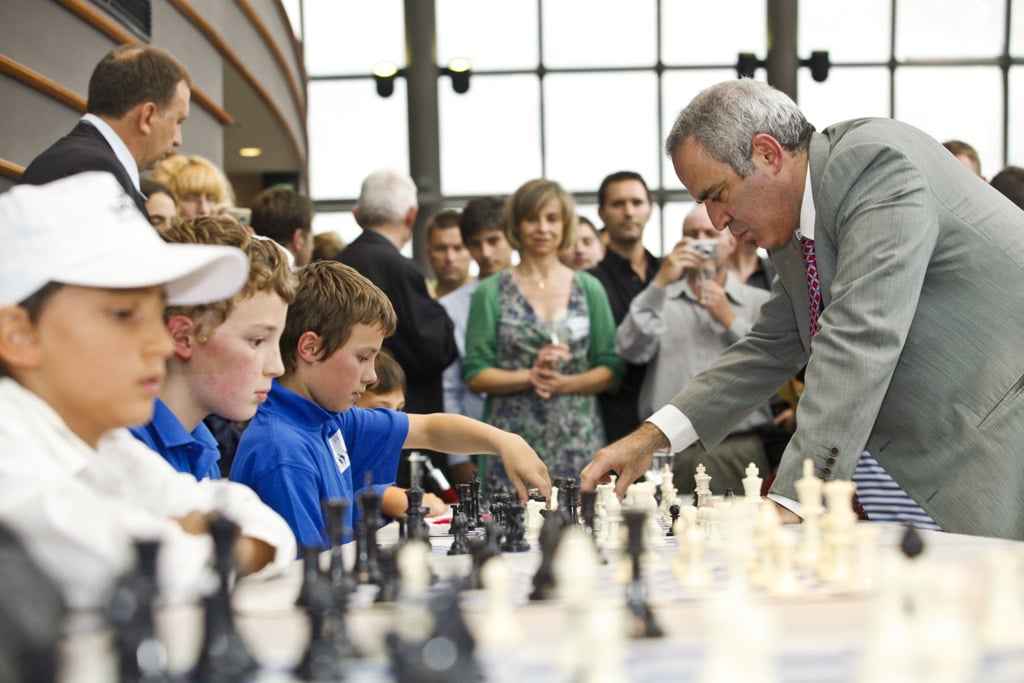
What is chess club in high school?
Chess club in high school is an extracurricular activity which helps students to learn and practice chess. It enables participants to acquire and refine strategies, tactics, and analytical skills. It is a great way to develop logical thinking and problem-solving skills. It also fosters team spirit, collaboration, communication skills and sportsmanship.
After school chess can involve individual competitions or team-based events, depending on the school. It is usually led by a teacher or a chess coach. Participants may be able to compete in tournaments, both at their school and against other schools. Students can also use the club to practice and play casual games with their peers.
Chess club is open to all students, regardless of their experience level. It is a great opportunity to make friends, learn new skills and build confidence. It can also help students to develop critical thinking and focus on the long-term consequences of their decisions.
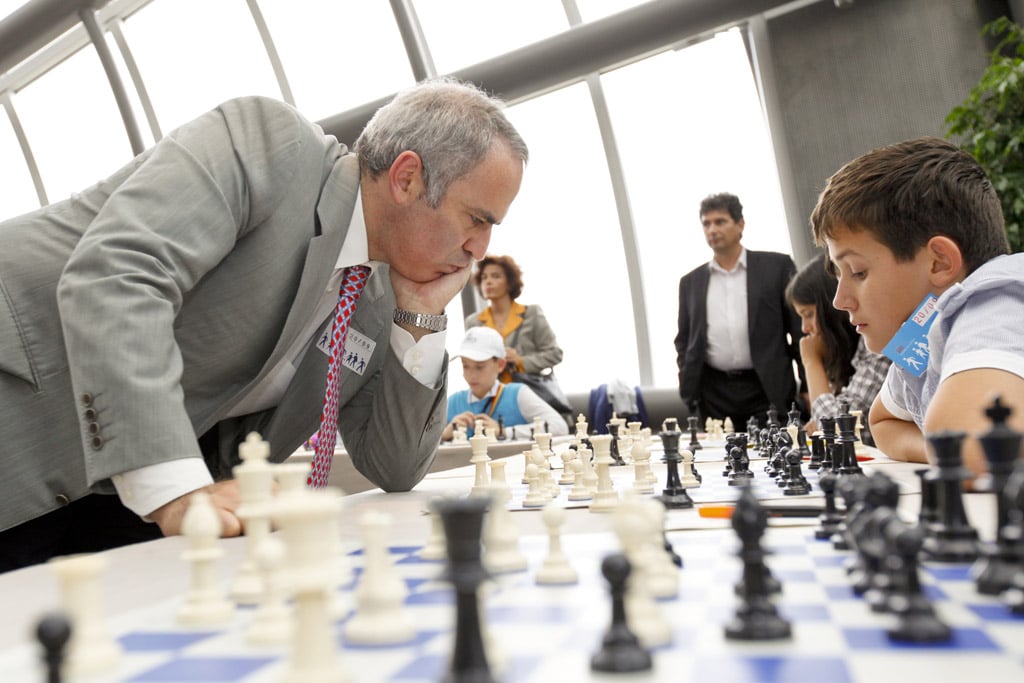
Is chess club good for kids?
Chess clubs are an excellent way to help kids develop their skills. It teaches them to think analytically and through logical reasoning. With a structured environment, children can learn to focus and plan ahead. It also helps them to develop their problem-solving abilities.
Additionally, chess clubs can improve social skills, such as sportsmanship, communication, and teamwork. Overall, playing chess can be a great way for kids to develop mentally and socially.
Advantages of joining a chess club include:
- Learning structured problem-solving
- Improving analytical and strategic thinking
- Building social skills
- Having fun with friends
Joining a chess club can be beneficial for children in many ways. It gives them an opportunity to learn, grow and make new friends. Additionally, they can even compete in tournaments and earn awards. This can help build their self-confidence and motivation.
Why should schools have a chess club?
Chess clubs in schools provide a great opportunity for students to develop their problem-solving and critical thinking skills. Additionally, chess encourages team players to work together and learn from each other while they plan their strategy.
It also teaches the importance of preparation and concentration, as well as offering an enjoyable and rewarding way to spend time with friends. The game is also proven to increase academic performance, as it teaches children to think ahead and plan ahead. Furthermore, it's a great way to build confidence and self-esteem in students.
When playing chess, students learn about the importance of making decisions and how to cope with the consequences of their decisions. It also provides a safe environment for them to practice their skills in a non-judgmental way.
Furthermore, it helps to improve communication, cooperation, and creative problem-solving skills, which are essential to success in life. Finally, chess clubs provide a fun and social atmosphere, which can be beneficial for students, both academically and socially.
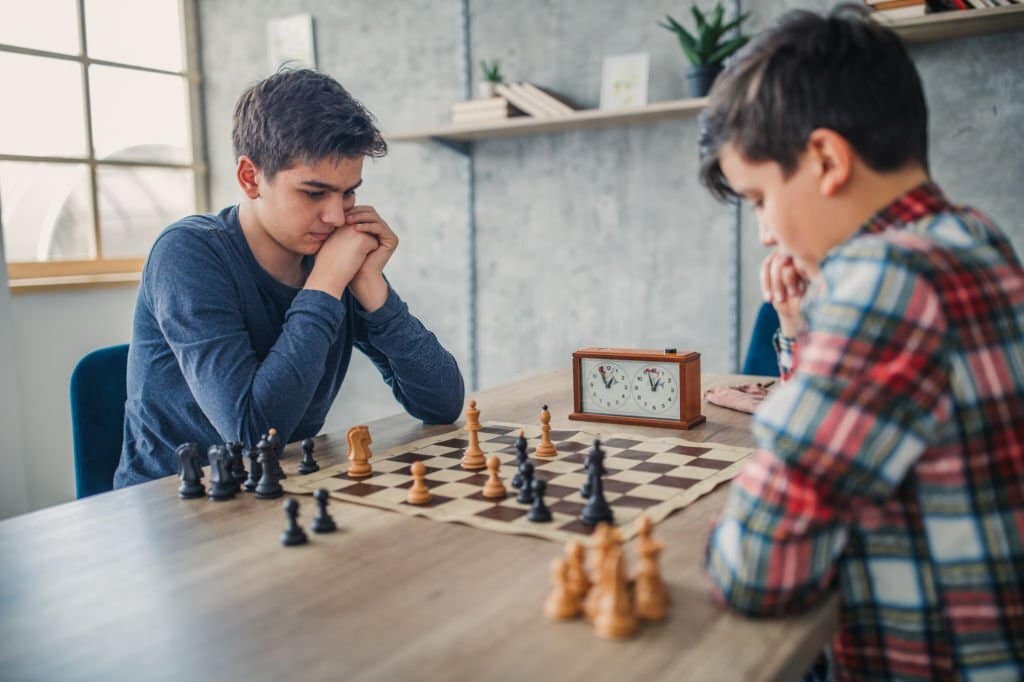
What does Chess Club teach you?
Chess Club is a great opportunity for students to learn the basics of this popular board game. It teaches them how to think strategically, recognize patterns, and develop decision-making skills. It also emphasizes patience, concentration, and problem-solving.
Chess Club can help students become better at math, as well as improve their overall analytical skills. It's a great way to make friends and have fun while learning new strategies. Chess Club also provides an opportunity to interact with peers in a friendly and competitive environment.
Players can learn the rules of the game, including how to use the pieces, how to set up the board, and how to move the pieces. They can also learn the different strategies and tactics that experienced players use. The game is also a great way for players to practice their memory and concentration.
Chess Club is a great way for students to challenge themselves and hone their problem-solving skills in a friendly and competitive environment. It encourages players to think logically and strategically and improves their overall analytical skills. It also helps build confidence and social skills.
Overall, after school chess is a great way to learn and have fun. It can help develop problem-solving skills, improve concentration, and increase self-esteem. It can also teach important lessons in strategy and tactics. Playing chess in an after school program is an excellent way for kids to learn and grow.
After school chess can also be a great social activity. Kids can make new friends, learn to collaborate, and practice good sportsmanship. It can also be a great way to spend time with family and friends.
Whether you are new to chess or an experienced player, after school chess can provide a great opportunity to learn and have fun.

